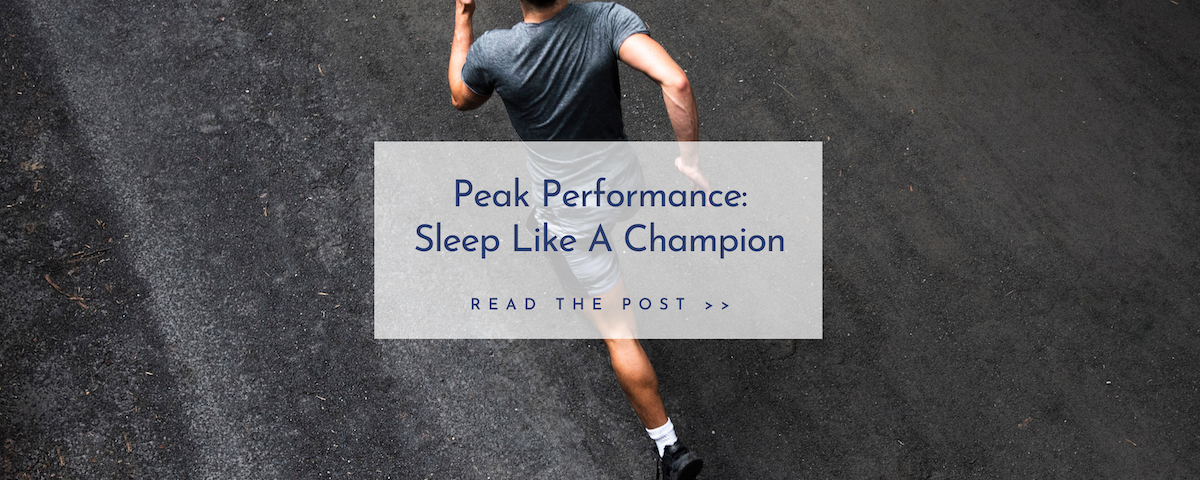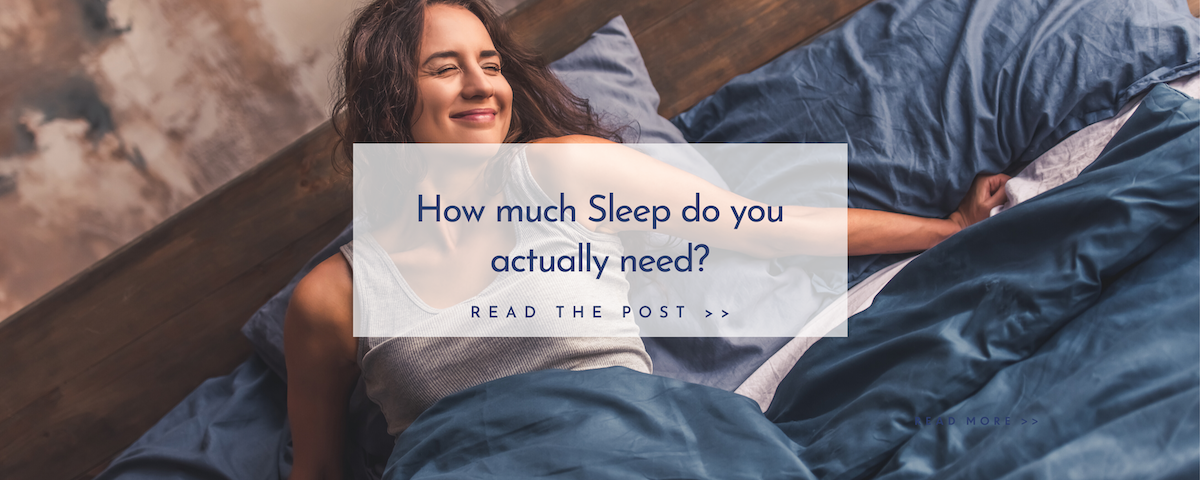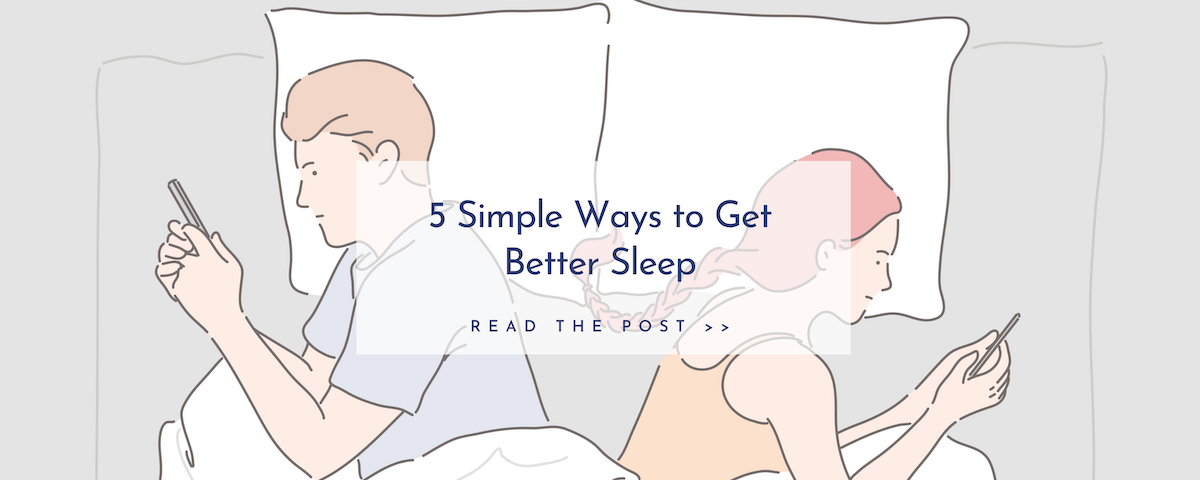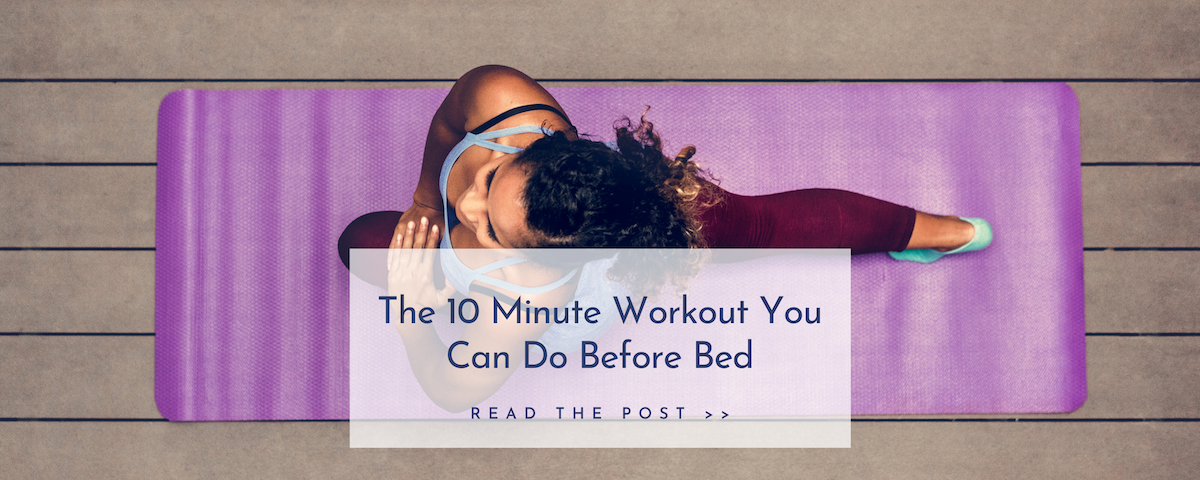Get ready to sleep like a champion!
Learn how to optimise your sleep habits & sleep for peak performance so you’re ready for whatever comes your way.
Sleep experts advise those training at high intensities to sleep at least 10 hours a night in order for the body to properly recover. The average adult is recommended between seven and nine hours but many of us are barely achieving six. For athletes, the restorative benefits of quality sleep are huge – and an incredibly important part of any training program. Regardless of whether you’re a professional athlete, or a casual gym goer, your body needs time to repair muscle tissue used during exercise. Be a champion and sleep for peak performance with these top tips…
Get 7-9 hours every night
Professional athletes know how important quality sleep is for their recovery and performance but there’s no reason why sleep can’t be as beneficial for you. Ask yourself, when was the last time you felt truly rested? They recommend adults need 7-9 hours’ sleep each night. If you can’t remember the last time you did that, it’s likely you haven’t been achieving quality, restful sleep.
Find the right mattress and pillows for you
Professional athletes have a team of people working with them to help them perform at an optimum level. All aspects of their performance are closely monitored, including what they sleep on. How did you feel when you woke up this morning? Do you regularly feel sore, stiff or even experience a numb sensation in part of your body when you wake up? This could be a sign that your mattress and pillows aren’t right for you. Your bed should provide maximum support for your body so that you are able to maximise the restorative benefits of sleep and wake up feeling refreshed.

Make regular exercise part of your routine
A study has shown that people feel more alert during the day and notice improved quality of sleep in the evening, if they exercise at least 150 minutes a week – just 21 minutes per day. The research shows that moderate to vigorous exercise may actually serve as a non-pharmaceutical aid to improving sleep.
Professional athletes achieve 150 minutes of moderate to vigorous exercise easily, but the average person often struggles. If you fall into that category, look for ways you can get yourself moving during the day. Tactics like walking up the stairs instead of taking the elevator, or parking further away from the shops are good ways to sneak incidental exercise that all adds up. Before you hop into bed you could even squeeze in a 10 minute sweat free workout session. Another option is to exercise with a friend or the family pet. You’re more likely to keep the commitment to exercise if you have another person, or a pet, relying on you.
Make sleep a priority
It’s not rocket science. If you don’t put plans in place to get to bed early and switch off or wind down before bed, it’s so easy to find yourself wide awake at midnight, reducing the number of hours of quality sleep you get. That needs to change.
If you find it difficult to get to bed early, you might need to start managing your time with a sleep schedule. Set a time you would like to be asleep. An hour before that, plan to wind down and start getting ready for bed. Put these two times in your phone, in fact, put an alarm on to remind you and stick to them. Before long it will become a routine and getting to bed early won’t feel strange at all!
Ready to wake up refreshed and well-rested every day? Beds for Backs specialises in sleep solutions that are designed for your life and your body. See our range of ergonomic mattresses, adjustable beds and sleep accessories here.



